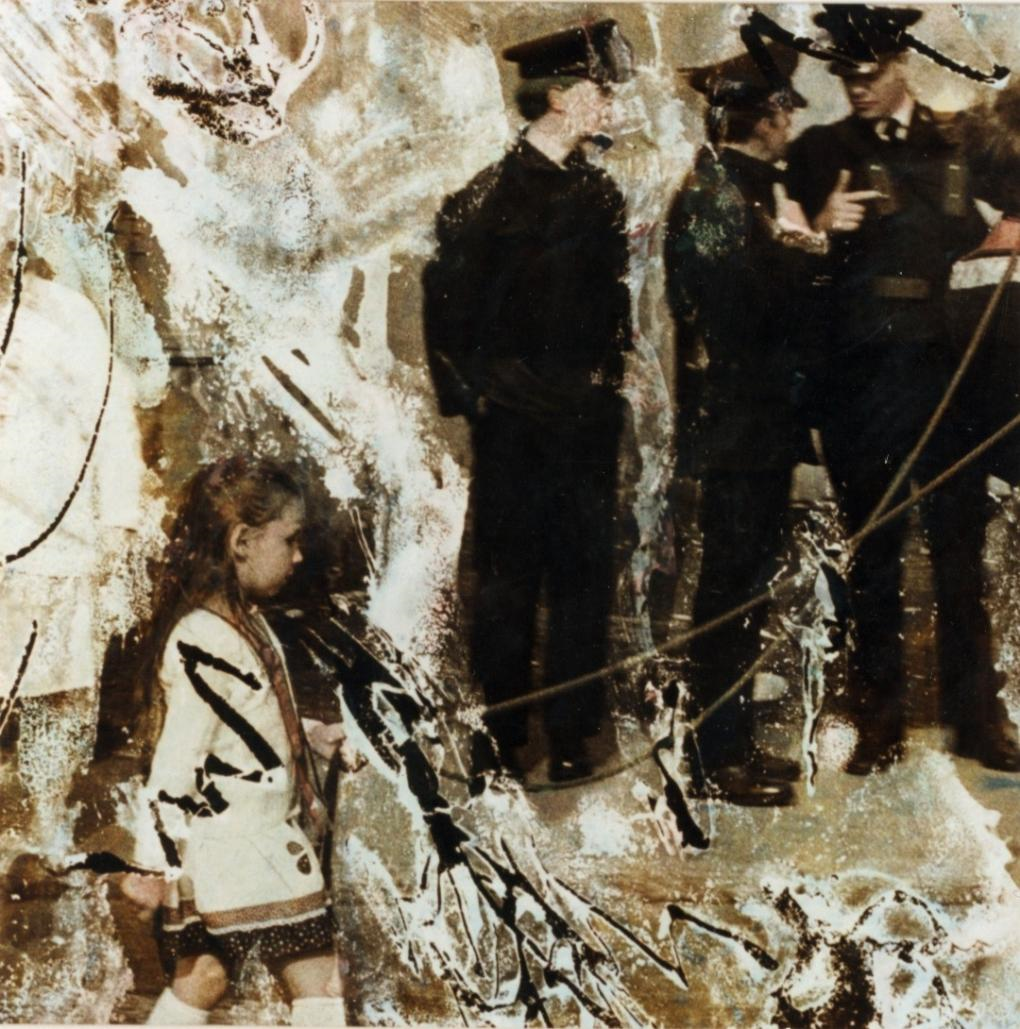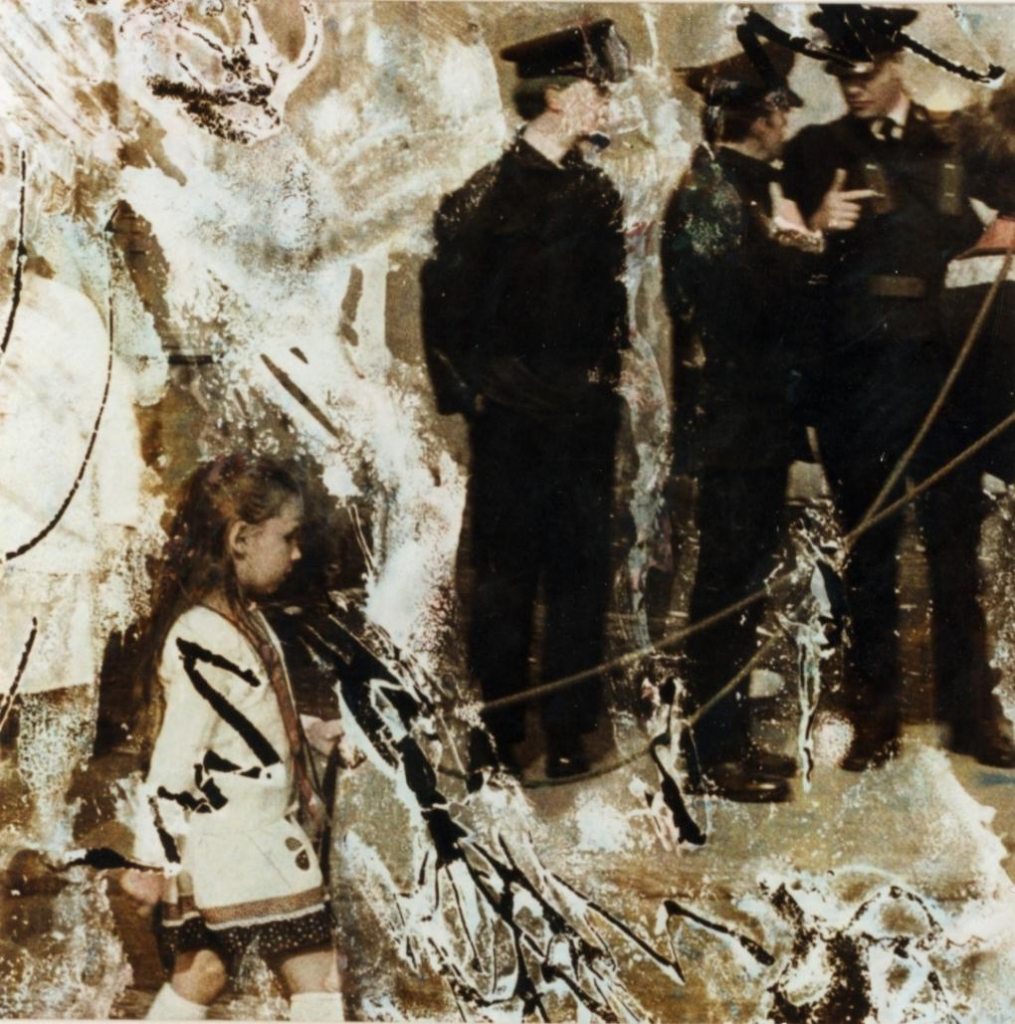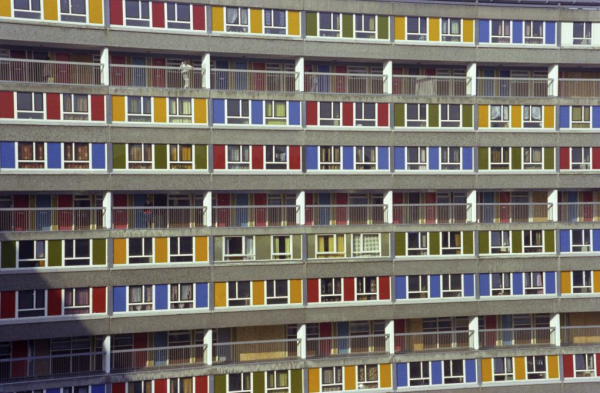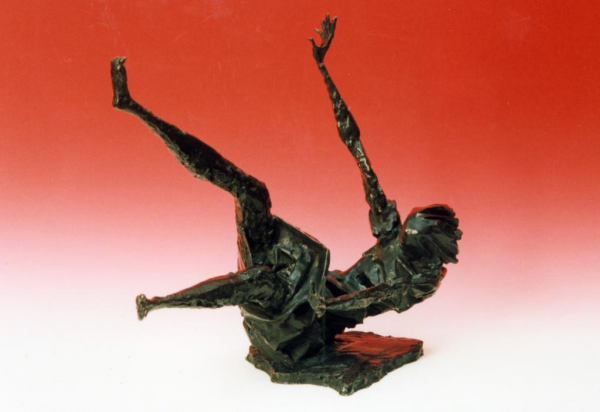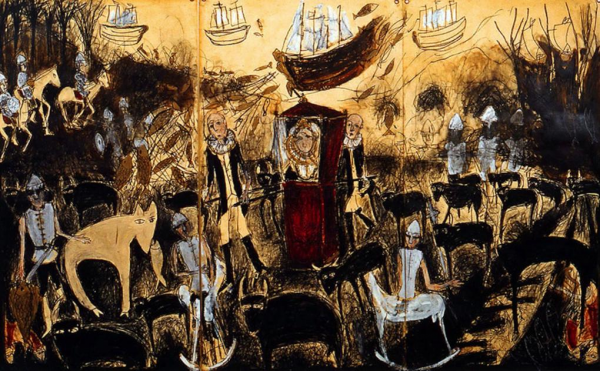A digital archive containing hundreds of examples of important artistic works produced during the Troubles has been made available as a unique new online resource.
The pioneering website, compiled by the Arts Council of Northern Ireland, includes close to 500 examples of work by over 100 artists relating to the Troubles between 1969 and 1999. It covers key areas of the arts, including visual art, literature, theatre, music, TV and film.
Containing artist’s biographies, authoritative essays, analysis, film and audio clips and a timeline of key events, the Troubles Archive builds on a successful pilot programme at the Ulster Museum. The project has been developed in recognition of the contribution the arts make to our understanding of the Troubles, and the impact that the conflict has had upon the arts in Northern Ireland.
A collection of 16 academic essays has also been produced as part of the project, written by leading experts in their field. Ciaran Carson, Stuart Bailie, Fergal Keane and Mike Maloney are among those who have written papers on areas including popular, folk and traditional music, visual arts, drama, architecture and prison arts.
Roisin McDonough, Chief Executive of the Arts Council of Northern Ireland, commented: ‘In compiling the Troubles Archive we have produced what we hope will be a valuable research tool for schools, university students and the wider public for many years to come. The Troubles were a remarkable period in Northern Ireland’s history, impacting on all areas of our lives. We know how active artists were during that dark chapter in our history and now for the first time, the Troubles Archive will draw together many of the most important works as a point of reflection, so we might gain a better understanding.
‘What we have now is by no means the finished article but it is an excellent starting point. It has been made possible thanks to the goodwill and generosity of the featured artists and contributors and we are now actively looking for a strategic partner to help take this project even further.’
Writer and journalist Malachi O’Doherty commented on the value of the archive, saying: ‘This archive shows us that the artistic response to the Troubles was never partisan, never sectarian, always individual and always humane. This is the best counterweight we have to propaganda and simplification. No serious history of the period can now be written without reference to this.’
Highlights include clips from the BBC archives, such as Graham Reid’s ‘Billy’ plays and Alan Clarke’s ground-breaking ‘Elephant’; songs by Paul Brady, Colum and Tommy Sands; photographs by Turner Prize nominee Willie Doherty; paintings by official Imperial War Museum artist Ken Howard; extracts from books, plays and poetry by Marie Jones, Anne Devlin, Daragh Carville, Jennifer Johnston, Gerald Seymour, Glenn Patterson and, of course, Seamus Heaney.
It is expected that that this archive will be of interest to local, regional and international students in secondary level education, as well as those in further education college and those working in arts, culture and history in third level education.






